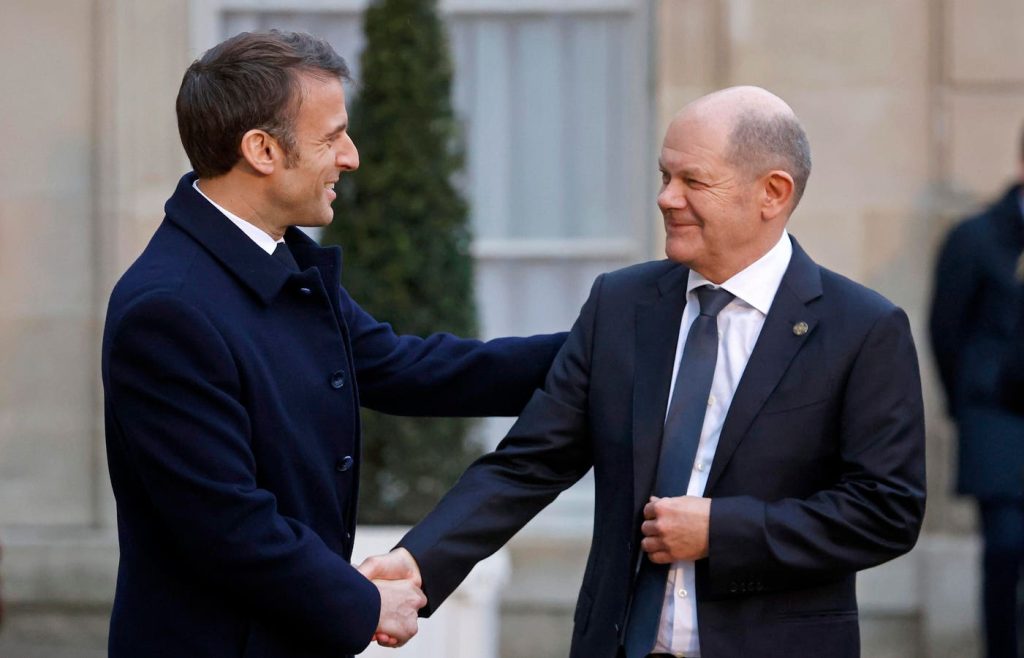French President Emmanuel Macron has a history of presenting unique and thoughtful gifts to Chinese President Xi Jinping during his visits to France. As Xi returns to Paris for his fourth visit, Macron’s choice of a gift remains a topic of speculation. In the past, Macron has given Xi a copy of ‘An Introduction of The Analects of Confucius’ and the question now arises about what book Macron should offer this time around. Suggestions include Fritz Stern’s ‘Gold and Iron’, highlighting the link between capital and diplomacy, in order to navigate a tougher political stance on China with German Chancellor Olaf Scholz, who remains economically dependent on China. Macron and Scholz recently had dinner together in Paris, and although the content of their discussions remains unknown, topics such as China’s stance towards Ukraine, its alliance with Russia, and the issue of Chinese electric vehicles are believed to have been broached.
Macron may also consider the implications of Scholz’s decision to continue his visit to the Baltic states instead of accompanying Macron and European Commission President Ursula von der Leyen to greet Xi in Paris. This move could indicate Germany’s desire to maintain its ‘special’ relationship with China independently. However, having von der Leyen present during Xi’s visit may convey the message that China’s simultaneous visits to ‘bad’ actors such as Hungary and Serbia are poor diplomatic choices. Despite China’s growing alliance with Russia, it has lost Italy as a member of the Belt and Road initiative, and faces suspicion from Baltic and Eastern European states. Macron may choose to present Xi with a copy of ‘White Eagles over Serbia’ to emphasize the contestation of any influence operations in Serbia.
In contemplating his gift to Xi, Macron may opt for a book highlighting the grandeur of French diplomacy and China’s evolution, such as Claude Martin’s ‘La Diplomatie n’est pas un dîner de gala – mémoires d’un ambassadeur’. This gesture could underscore the progress made by China and emphasize the demand for French products such as handbags. However, the substance of Xi’s visit is likely to focus on the derisking but not decoupling of trade relations between Europe and China. Both regions view each other as a ‘hedge’ in case of unpredictable trade disputes, particularly with the potential re-election of Donald Trump in November. Europe does not see China as a close or natural ally, but maintaining civil relations with China remains essential in light of potential shifts in American politics.
In considering the economic implications of Xi’s visit, Macron may choose a book on asset price bubbles and speculation, such as Charles MacKay’s ‘Popular Delusions and the Madness of Crowds’. Alternatively, he may opt for original pamphlets related to the financial scheme of John Law, a Scotsman who caused the collapse of the French economy in 1720. This cautionary tale of financial engineering serves as a reminder of the risks associated with speculative economic practices. Overall, the focus of Xi’s visit is likely to revolve around strategies to derisk trade relations between Europe and China while preserving civil diplomatic ties in anticipation of potential trade disputes.


